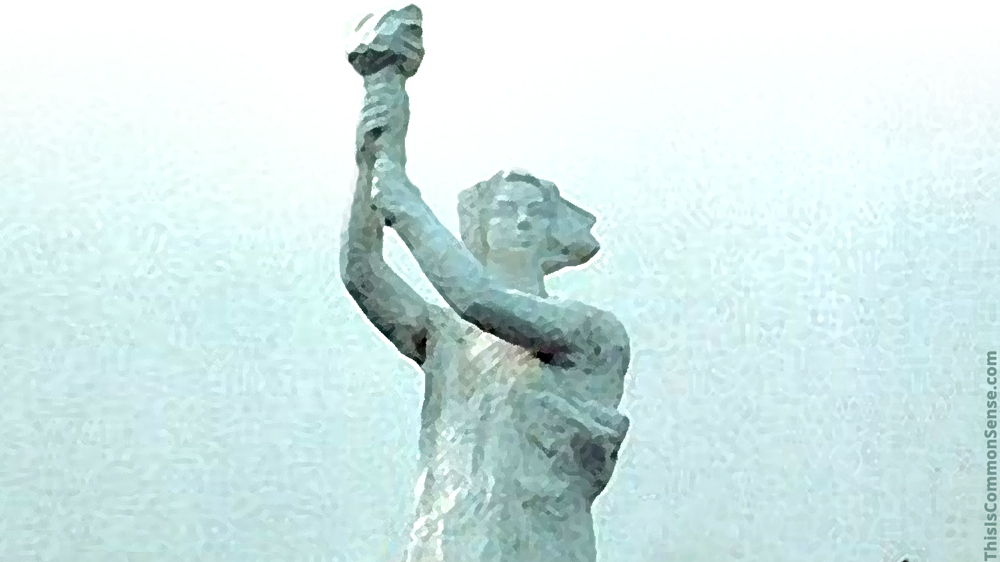Why did term limits spring up in the 1990s?
Term limitation has a long history in America, of course — and all the way back to Aristotle — but why the resurgence? I remember opponents suggesting that Americans were frustrated with slow economic growth.
Not likely.
In “Restoring Faith in Congress,” a 1993 article in the Yale Law & Policy Review, authors Kimberly Coursen, Thomas Mann, Norman Ornstein and Todd Quinn recognized that “the 1990s are different” because “the climate for far-reaching political reform is ripe.”
But why?
For seven weeks in 1989, Chinese students protested for freedom and greater democracy, joined by others until more than a million people filled Tiananmen Square. Americans were deeply moved by their makeshift Goddess of Democracy, resembling our Statute of Liberty, as well as by the students’ demands, which read much like our Declaration of Independence.
Then, all that hope was doused, courtesy the Butchers of Beijing.
Five months later, the Berlin Wall came down, followed by the overthrow of communism throughout Europe, then the fall of the Soviet Union in 1991.
No more Cold War.
Americans, lacking an external enemy for the first time in decades, and with Tiananmen’s “tankman” fresh in our minds, could at last safely take a good look at our own government.
We did not like what we saw.
In 1990, Americans in three states — California, Colorado and Oklahoma — used direct democracy by petitioning term-limit initiatives onto the ballot. All three won. In 1992, U.S. Term Limits rallied voters to pass initiatives in a record 14 states.
Sadly, the 1989 Tiananmen Square protests did not usher in freedom for China. Yet, they lit fires in hearts across the globe.
Including mine.
This is Common Sense. I’m Paul Jacob.

—
See all recent commentary
(simplified and organized)










